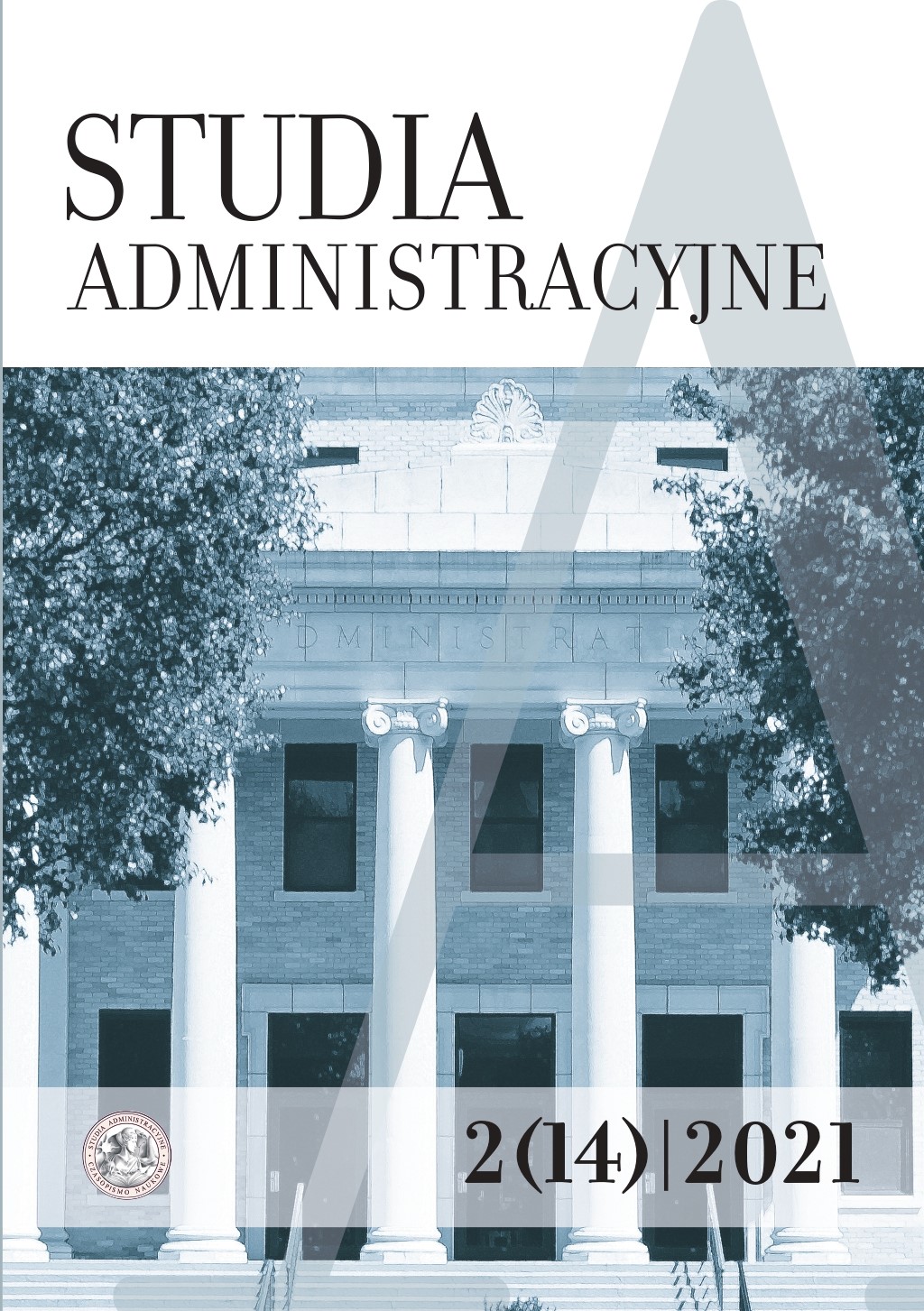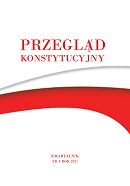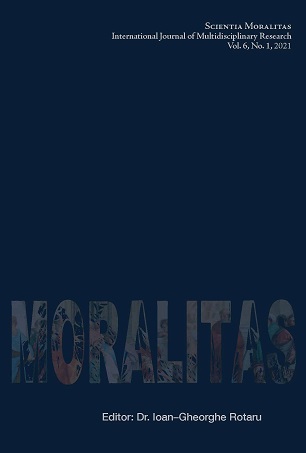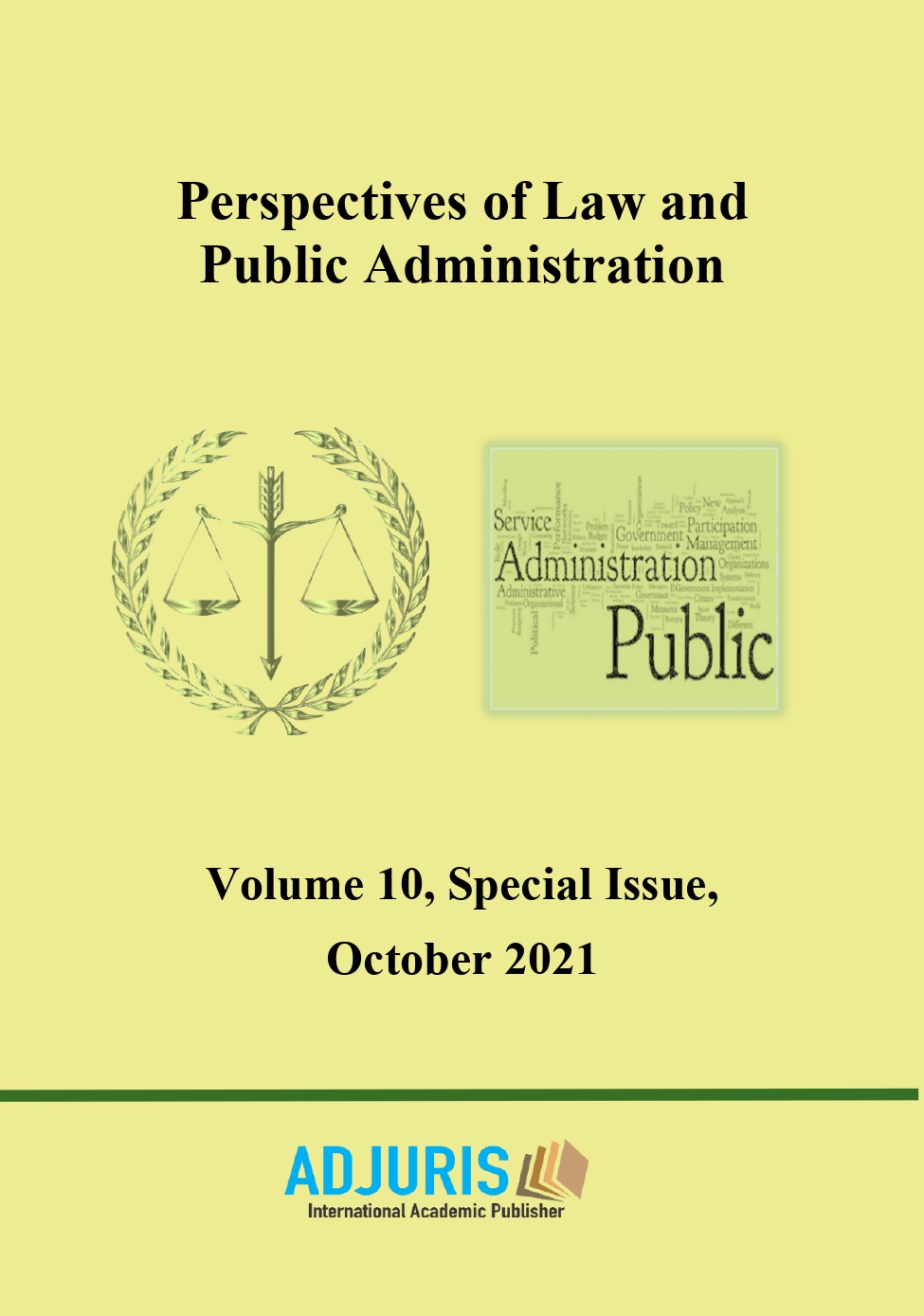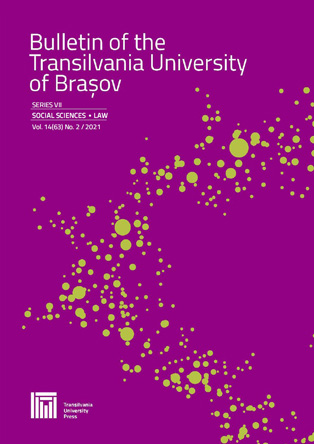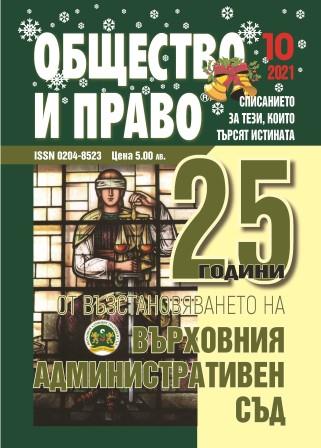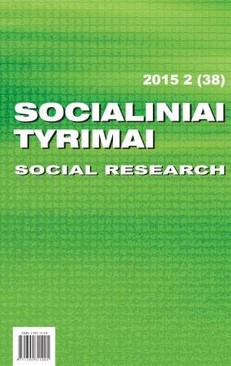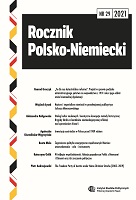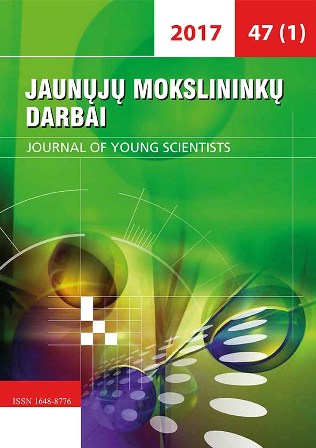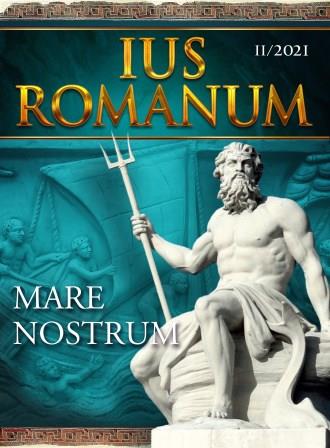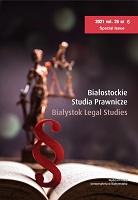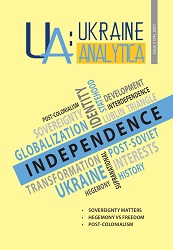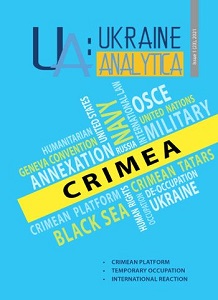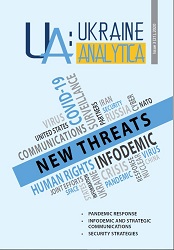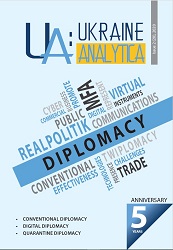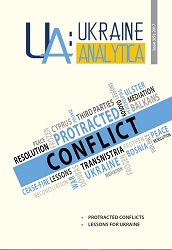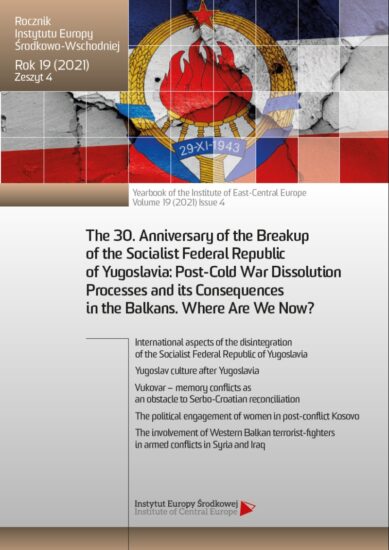
Ante Gotovina case: an error of law which led to innocence?
The breakup of the Socialist Federal Republic of Yugoslavia 30 years ago still has a substantial impact on the post-Yugoslav countries which proclaimed independence. Bearing in mind that the breakup also generated a military conflict, e.g. in Croatia, the restoration of Serbian-Croatian relations remains problematic. One of the challenges is passing a fair judgment on people responsible for war crimes or crimes against humanity. The International Criminal Tribunal for the former Yugoslavia (ICTY) was established for this reason in particular. Ante Gotovina – a Croatian general, was one of those indicted by the International Criminal Tribunal for the former Yugoslavia in connection with the military operation “Oluja” during which some heinous acts of crime took place. Gotovina played a clear and primary role in this operation, and therefore his actions were the main count of the indictment, firstly, for the prosecution and then for the Trial Chamber of ICTY. However, the sentence of 24 years imprisonment was never carried out following a successful appeal. The Appeals Chamber did not uphold the verdict of the Trial Chamber owing to a serious legal error and, consequently, it acquitted Gotovina of all the charges. This issue became yet another source of Serbian-Croatian conflict in connection with the most important people held responsible for the crimes committed in 1991-1995
More...
